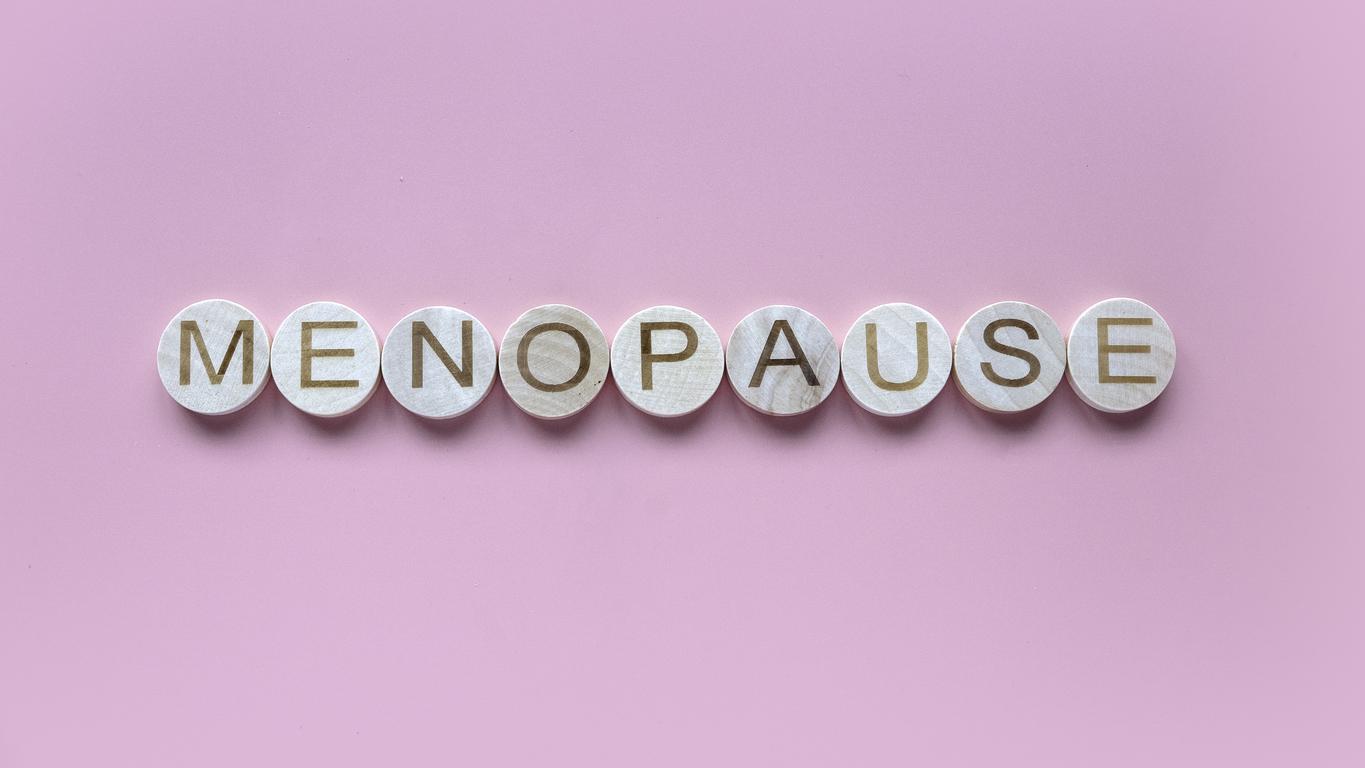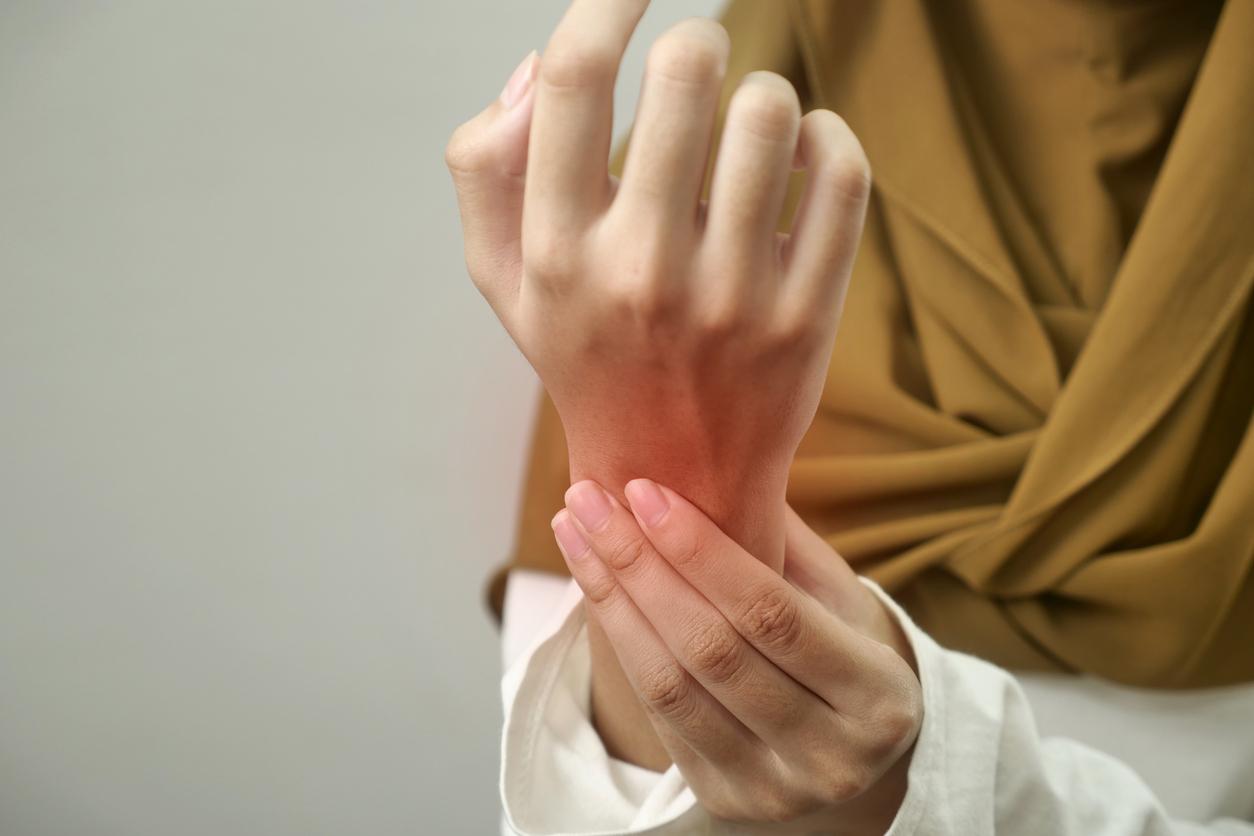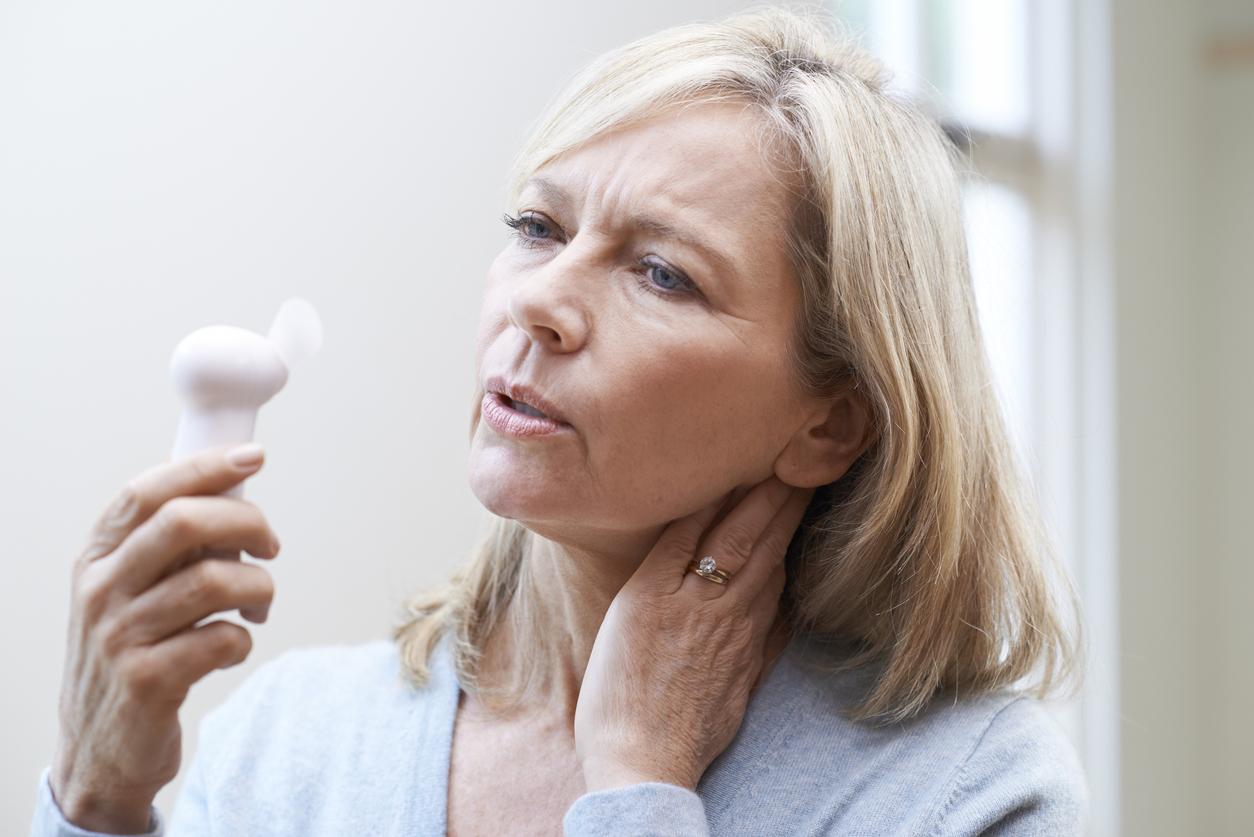March 8, 2006 – A mixture of black cohosh and St. John’s Wort is said to be as effective as hormone therapy in relieving symptoms of menopause, minus the side effects. This is what the results of a test indicate1 conducted in Germany among 301 postmenopausal women suffering from depression and hot flashes associated with menopause.
It is estimated that over 60% of women suffer from climacteric symptoms around the time of menopause. These manifestations can be physiological (hot flashes, excessive sweating, etc.) as well as psychological (depression, nervousness, anxiety, etc.). Hormone replacement therapy has been shown to be effective in relieving these symptoms, but it has raised a number of questions since it has been shown to cause side effects: increased cardiovascular disorders and some cancers.
German researchers wanted to see if the mixture of these two medicinal plants could constitute an effective and safe alternative to hormone therapy. None of the participants in this double-blind trial were taking hormones. For 16 weeks, half of them took four tablets each day, each composed of 1 mg of triterpene glucosides (black cohosh extract) and 0.25 mg of hypericin (St. John’s wort extract) while the other half were taking a placebo.
In the women who took the herbal extracts, physiological symptoms were halved compared to only 19.6% for those who took the placebo. The same goes for symptoms of depression: a reduction of 41.8% was recorded in women treated with medicinal plants against 12.7% in those taking placebo.
The study authors point out that the results obtained with the mixture of black cohosh and St. John’s Wort are similar to those reported with hormone replacement therapy, without the side effects.
To conduct this trial, the researchers received financial support from the manufacturer of Remifemin®, one of the two most popular black cohosh extracts.
Pierre Lefrançois – PasseportSanté.net
According to Reuters Health.
1. Uebelhack R, Blohmer JU, Graubaum HJ, et al.Black Cohosh and St. John’s Wort for Climacteric Complaints: A Randomized Trial, Obstet Gynecol, 2006 Feb; 107 (2): 247-55.














